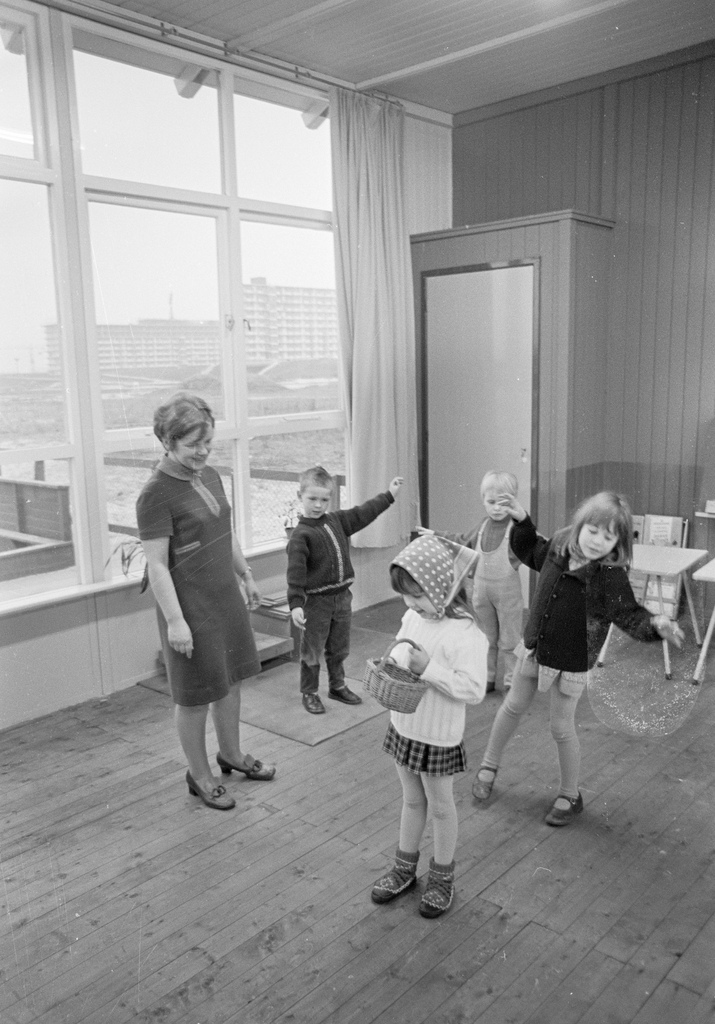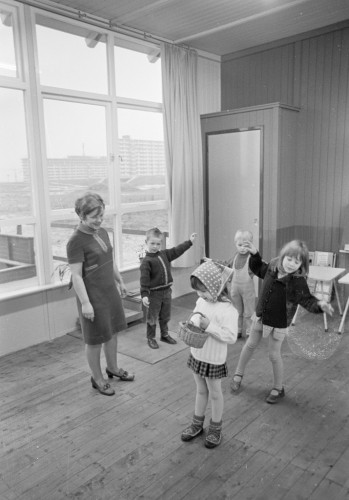Behavior and cognitive interventions can be used to help all children succeed. The following are activities, strategies, and methods for teaching appropriate behavior and cognitive skills to students with Emotional Behavior Disorders. Although these tools are primarily for those with Emotional Behavior Disorders, they can be applied to all children learning these skills.
Behavior Interventions
Behavior interventions can be necessary for children who act out in class and have difficulty following along. These children may need extra guidelines and assistance to stay attentive in class with appropriate behaviors. They also may assistance in forming a positive self-value and learn new coping skill(Watson, 2003) .
- Set up minimal, concise, and clear rules
- Get on the same page as parents, therapists, and other professionals
- Reinforce positive behaviors
- Stay patient and remain objective
- Establish routines so that children know what to expect
- Allow times for children to practice their responsibility
- Concisely identify the behavior that needs to be changed
Cognitive Interventions
Students with Emotional Behavior Disorders are often challenged throughout school in a variety of academic skills and as a result may need some cognitive interventions. These interventions can help to challenge them and encourage them to become successful in the classroom. Cognitive interventions can also apply to helping children’s mental health. The following ideas are strategies that can be used to encourage cognitive development:(Watson, 2003), (Heward, 2003)
- Direct families to seek professional psychological help if necessary.
- Keep children challenged and push them without being scared of their outburst and/or other reactions .
- Set up appropriate academic goals, which challenge the child’s academic skills and cognitive development.
- Assess the child to see where they currently are psychological and developmentally.
- Set up a plan to help children cope independently as well as facilitated.
- Have children as part of the IEP team to set up goals, which can focus on academic and psychological health.
Functional Behavioral Assessments
Functional assessments are a tool used to help the IEP team understand the triggers, factors, and purpose around a student’s Behavioral Disorder. There are two key reasons a child uses their behavior to manipulate a situation. One is to avoid something and the other reason is to get something they desire. Part of the Functional Behavior Assessment is to get a hypothesis about the child’s behavior, which can be used to set up a plan to address and overcome the behavior. By knowing the triggers of a child’s behavior and the purpose behind the behavior, it is easier to know appropriate interventions (Heward, 2003).
References
Heward, William L. (2003). Exceptional Children: An Introduction to Special Education (7th ed.).Ohio: Merrill Prentice Hall.
Watson, Sue. (2003). Best Practices for Behavior Disorders. Retrieved September 21, 2006 from http://specialed.about.com/cs/behaviordisorders/a/Behavior.htm
Turnbull, Rud, Ann Turnbull, Marilyn Shank, Sean Smith, & Dorthy Leal (2002). Exceptional Lives: Special Education in Today’s Schools(3rd ed.). Upper Saddle River, New Jersey: Merrill Prentice Hall.

